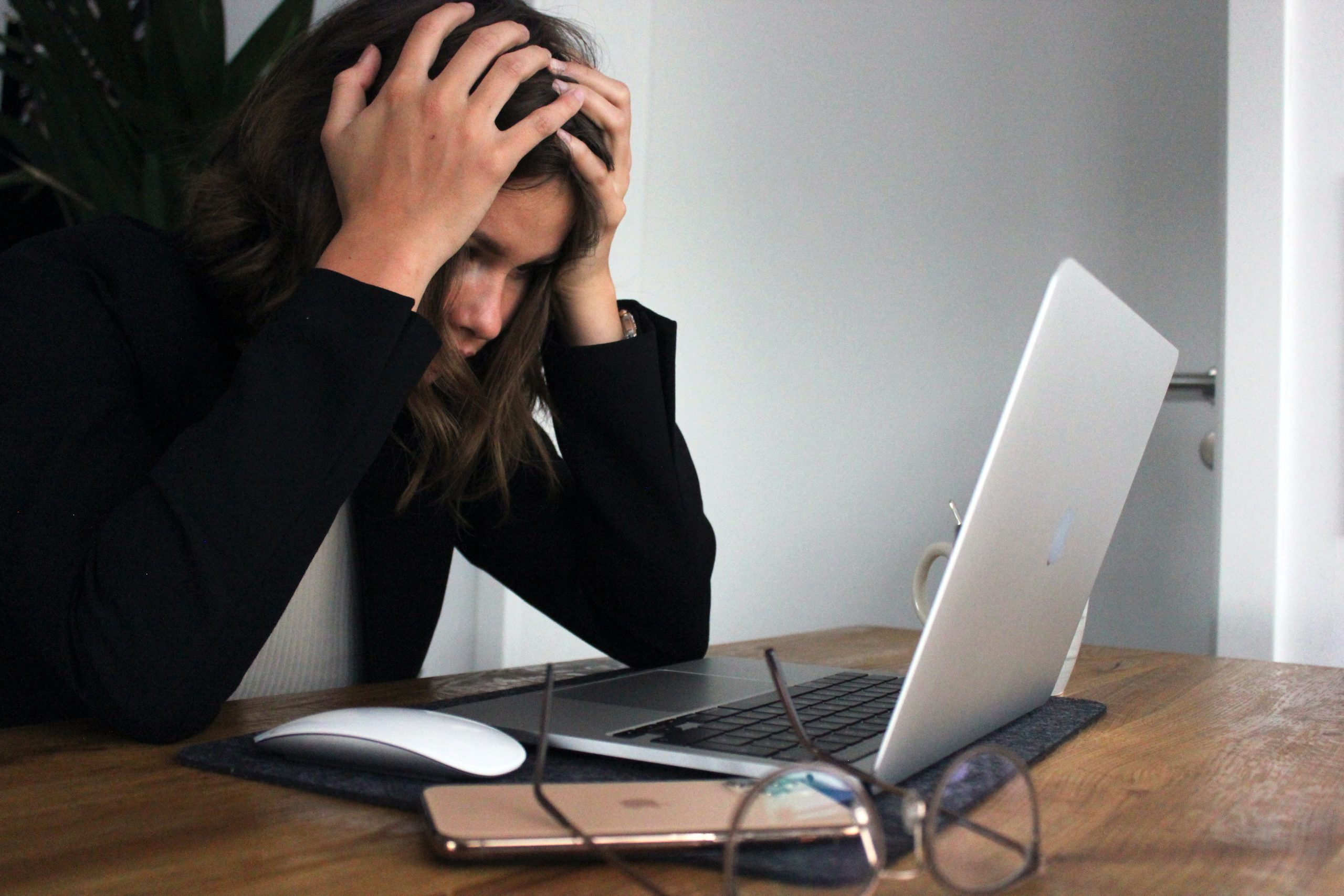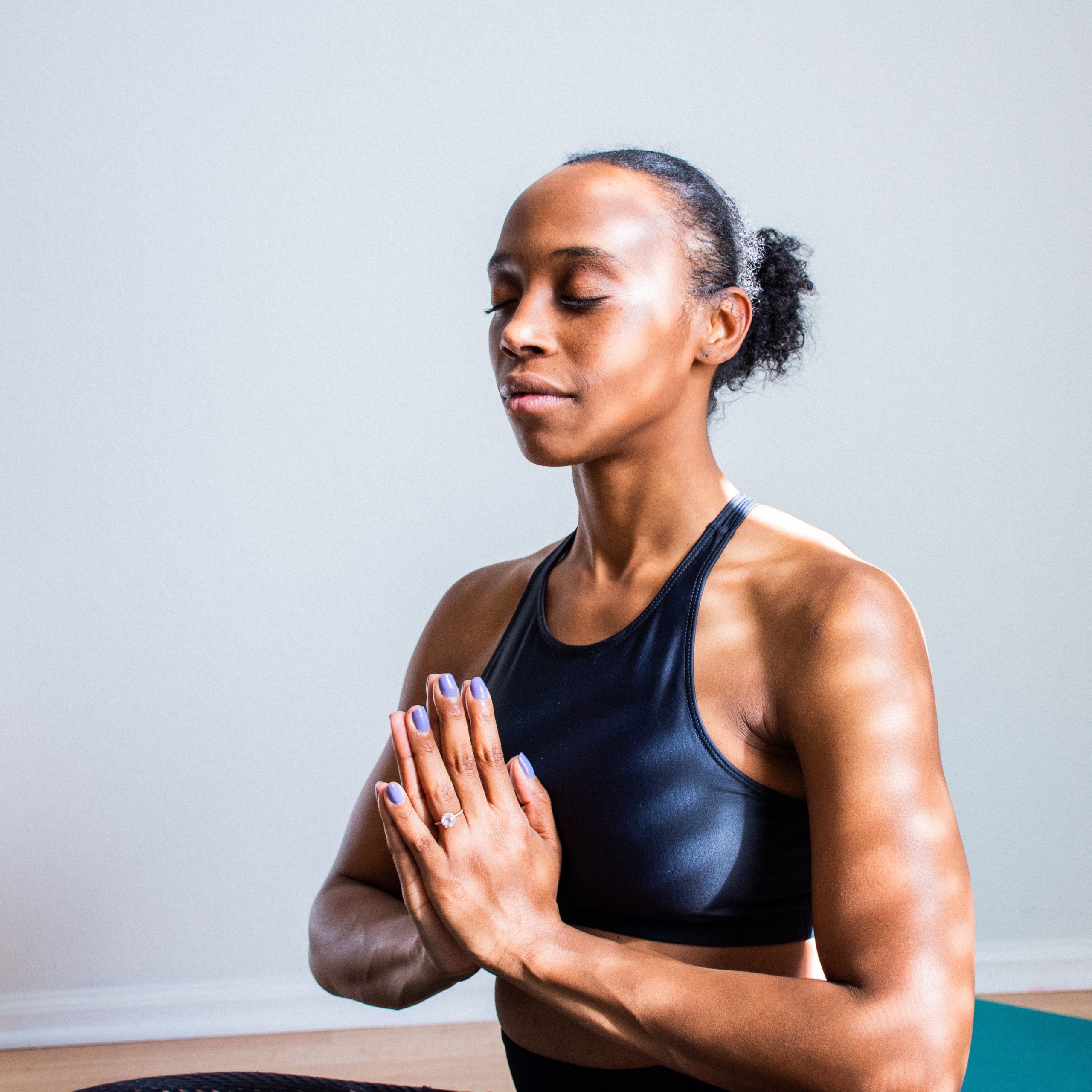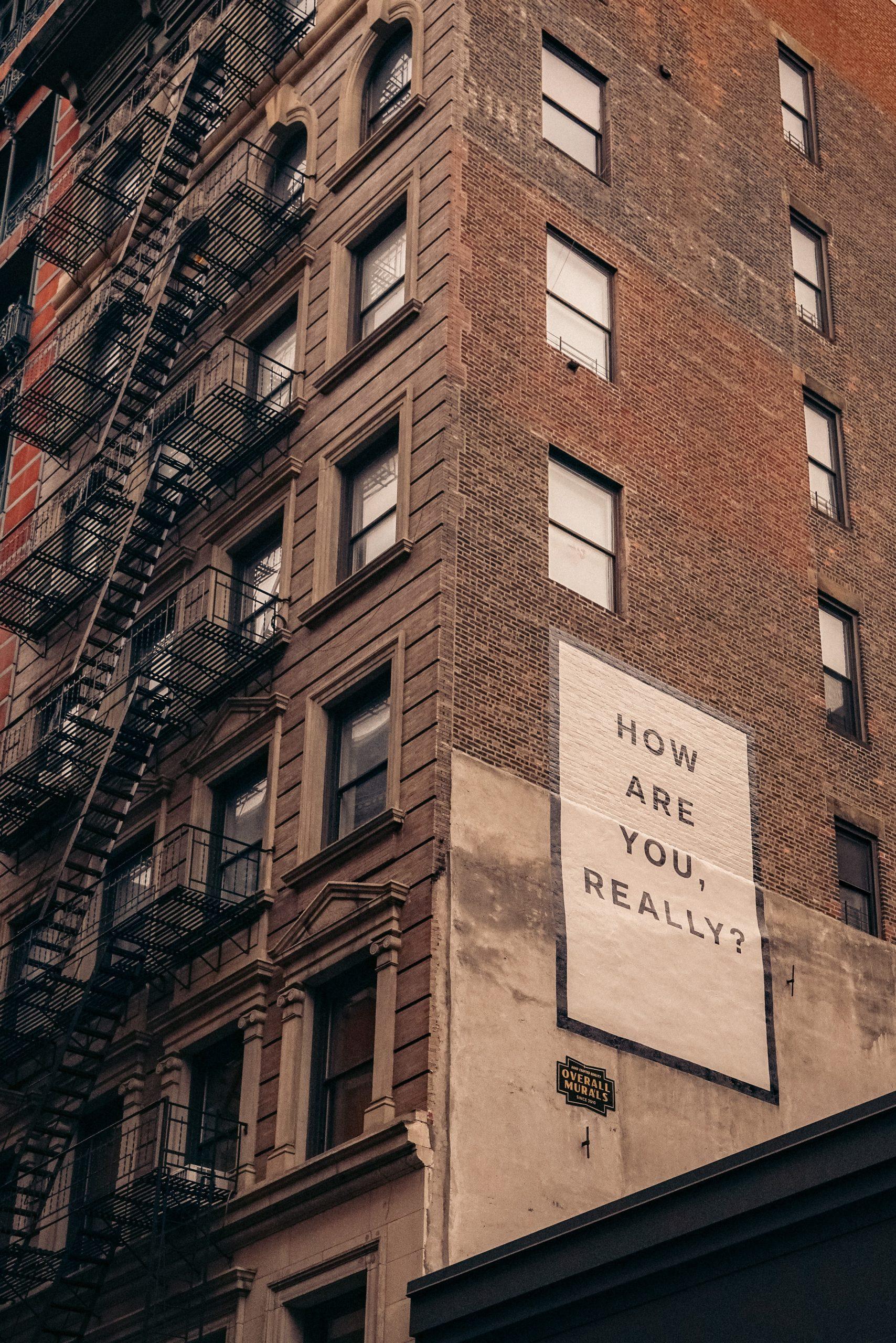Do I have Anxiety, or Am I Just Anxious?
Anxiety and anxiousness are often used interchangeably; however, though they have similarities in symptoms, they differ in strength and persistence. It is important to note that feeling anxious occasionally does not necessarily mean you have an anxiety disorder. Feeling anxious (or “anxiety”) is a natural and universal human response to different experiences.
Anxiety can be a helpful emotion, even if it’s not necessarily enjoyable to experience. Typically, anxiety is used to help you anticipate harmful events and activate your fight, flight, or freeze, which is the body’s automatic built in system designed to protect us from threat or danger.
If the feeling of anxiousness (or anxiety) begins to significantly impact your daily life this may mean you’re experiencing an anxiety disorder. If you have an anxiety disorder, you likely find that anxiety makes you worry about things in day-to-day life that often don’t affect others.
Some common anxiety disorders are:
- Generalized Anxiety Disorder
- Social Anxiety Disorder
- Separation Anxiety Disorder
- Selective Mutism
- Agoraphobia
- Panic Disorder
- Substance/medication-induced anxiety disorder
- Specific Phobias
Although some of this information and the following information may resonate with you; it is essential not to self-diagnosis. Ensure you connect with the appropriate medical professional for the proper assessment and diagnosis. At this time only psychologists, psychiatrists or general practitioners are able to provide an official diagnosis of anxiety.
What are the Symptoms?
Anxiety is often accompanied by physical symptoms, such as rapid heartbeat, sweating, trembling, and shortness of breath. It can also cause difficulty concentrating, restlessness, and trouble sleeping. In severe cases, anxiety can lead to panic attacks, which are sudden and intense episodes of fear and physical symptoms that can last for several minutes.
What are the Causes?
Anxiety has many potential causes, including genetics, environmental factors, and life experiences. For example, trauma, stressful events, and chronic illness can all contribute to anxiety. In some cases, anxiety can be a symptom of an underlying mental health condition, such as depression, bipolar disorder, or obsessive-compulsive disorder.

So How do I Approach my Anxiety?
The good news is that anxiety is treatable. If you’re struggling with anxiety, there are many options for getting help. The first step is to talk to your healthcare provider, who can help you determine the best course of treatment for your individual needs.
Two commonly researched treatments for anxiety are Cognitive Behavioural Therapy (CBT) and Dialectical Behavioural Therapy (DBT). CBT therapy helps you identify and challenge negative thought patterns and behaviours contributing to your anxiety. CBT also teaches you new coping skills and relaxation techniques to help you manage your symptoms. DBT therapy helps you manage the feelings of emotional distress and gives you coping tools to challenge rigid thought patterns. These therapies are known as a “top down” approach.
Other treatments for anxiety can be more somatic or body based therapies such as sensorimotor therapy, somatic experiencing therapy, and expressive arts therapy. These therapies address the feelings in your body and help you process them through in a way that releases the anxiety energy from your body. Rather than focusing on the thoughts of anxiety these therapies start with the feelings of anxiety. These therapies are known as a “bottom up” approach.
Trauma therapies can also be effective for anxiety as they work to integrate the knowledge of the present with the experiences of the past. These help your nervous system understand that even though you feel like you are in danger you are safe. Some of these therapies use eye movements to target specific feelings of anxiety such as EMDR, OEI, and Lifespan Integration Therapy. Some trauma therapies are also designed to explore where the anxiety came from and heal past experiences that are causing the anxiety now.

Medications can also help treat anxiety, particularly in severe or chronic anxiety cases. Antidepressants and anti-anxiety medications can help reduce the severity of symptoms and improve the overall quality of life.
Self-care strategies can help reduce anxiety. Regular exercise, healthy eating, and getting enough sleep can all positively impact anxiety symptoms. Mindfulness and relaxation techniques, such as meditation, deep breathing, and yoga, can also help reduce anxiety.It’s important to remember that seeking help for anxiety is a sign of strength, not weakness. It takes courage to acknowledge that you’re struggling and to ask for help. If you’re struggling with anxiety, know that you’re not alone and that help is available. With the proper treatment and support, you can learn to manage your symptoms and live a full and happy life.




